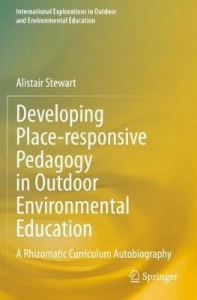JOEE 23(3)
JOEE November 2020 Issue
The November 2020 issue of JOEE features nine papers – six on research studies and three book reviews – from researchers around the world. Authors hail from Pakistan, Sweden, Canada and Australia. Articles look at the role of women in sustainability efforts in Islam, forest bathing in Canada, recreational fishing in Sweden, and autism wild nature programs.
Reminder: To read these full articles you need to log-in to the OEA Digital Library
Link in the menu on the right (or near bottom if viewing on mobile device.)
Forest School practice in Canada: a survey study
Elizabeth Y. S. Boileau (pic), Ziad F. Dabaja
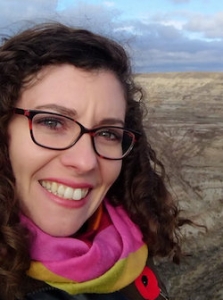
Design principles of youth development programs in outdoor environments: a scoping review
Andrew Mansfield, Wayne G. Cotton (pic), Paul Ginns
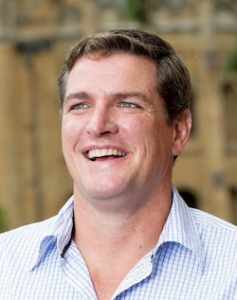
Organized recreational fishing in school, knowledge about nature and influence on outdoor recreation habits
Jonas Ahnesjö (pic), Tom Danielsson

Environment, Islam, and women: a study of eco-feminist environmental activism in Pakistan
Zeenat Abdul Haq, Muhammad Imran (pic), Shabbir Ahmad & Umer Farooq
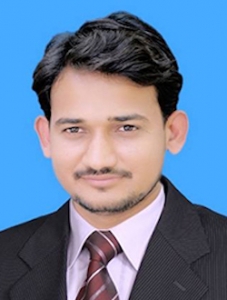
Children with Autism in Wild Nature: Exploring Australian Parent Perceptions Using Photovoice
Carolyn Galbraith, Julie Lancaster (pic)
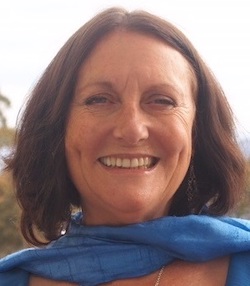
Forest bathing: a narrative review of the effects on health for outdoor and environmental education use in Canada
Sandrine Mathias, Patrick Daigle, Kelsey Needham Dancause, Tegwen Gadais (pic)
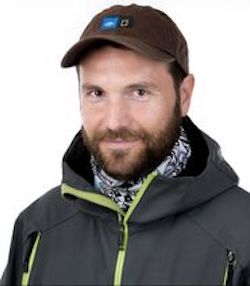
Becoming and being a camp counsellor: Discourse, power relations and emotions by Mandi Baker — REVIEW
Robert P. Warner, Department of Parks, Recreation, and Tourism, University of Utah
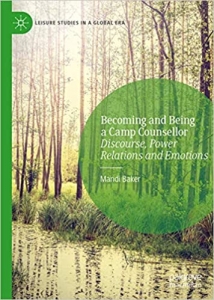
Baker carefully arranged her book into eight chapters, each of which will rattle readers’ perceptions of camp and the experiences of camp counselling.
Dark Pedagogy: Education, Horror and the Anthropocene by Jonas Andreasen Lysgaard, Stefan Bengtsson & Martin Hauberg-Lund Laugesen — REVIEW
Noel Gough, La Trobe University, Melbourne, Australia
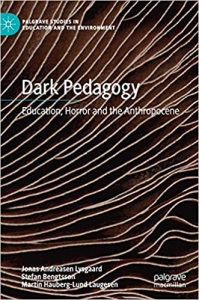
The authors set out to explore how the different perspectives on the notion of “the great outdoors” (Meillassoux 2009) can be understood and incorporated in a new and darker understanding of the role of pedagogy and Environmental and Sustainability Eeducation (ESE), particularly for an age of mass extinction.
Developing place-responsive pedagogy in outdoor environmental education: A rhizomatic curriculum autobiography by Alistair Stewart — REVIEW
Scott Jukes, La Trobe University, Bendigo, Australia
